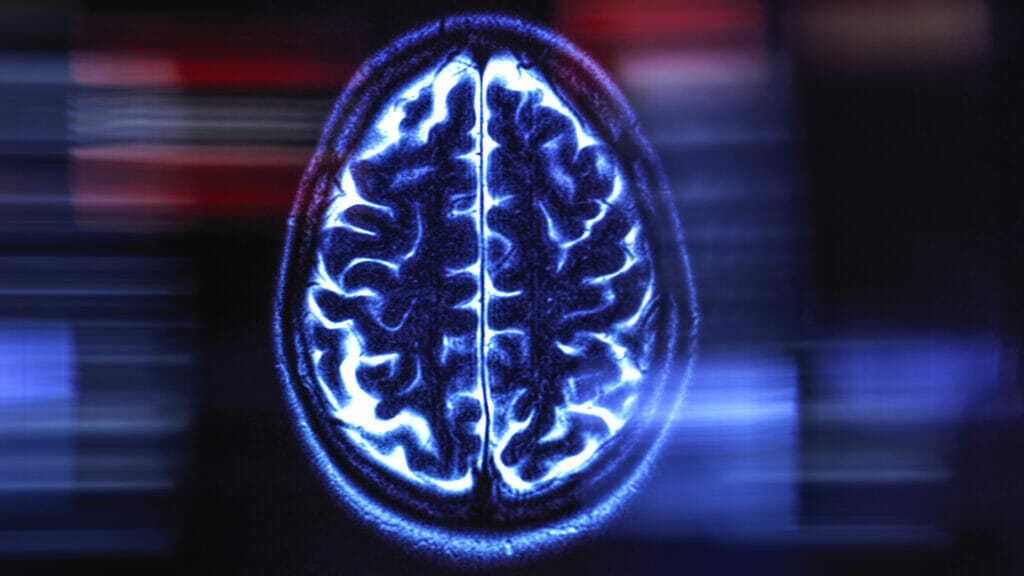
University of Florida researchers have shown how common clinical brain magnetic resonance imaging scans can be harnessed to better understand the body’s inner workings. This breakthrough could lead to earlier detection of cognitive and physical decline — and pave the way for earlier treatments.
Previously, obtaining estimates of brain age required higher-resolution and considerably more expensive research-grade brain scans, which seldom are used in clinical settings. By leveraging lower-resolution clinical MRIs, it became possible to gauge brain age during routine diagnostic procedures for injury and illness.
“We’re coaxing the brain to give up its secrets by developing a new tool so that caregivers can one day easily use artificial intelligence to understand the invisible toll or benefit our lives exact on the brain,” said the study’s lead author, Pedro A. Valdes-Hernandez, PhD, an assistant professor in the UF College of Dentistry.
Valdes-Hernandez and colleagues used a publicly available AI model developed elsewhere that was trained on 14,000 brain MRIs to predict brain age. Investigators then “retrained” the model using AI techniques by having the model analyze an additional 6,281 non-research-grade MRIs under multiple MRI configurations.
“It’s a bit of alchemy,” Valdes-Hernandez said. “We’re bringing these artificial intelligence tools together in a new way. The beauty of this research is that much of this is based on existing knowledge.”
“People are already getting MRIs anyway to rule things out. So, the money to get the MRI has already been spent. Why not use them to also provide early predictors of potential cognitive issues down the road?” he asked.
Full findings were published in Scientific Reports – Nature. The National Institute on Aging supported this research.

